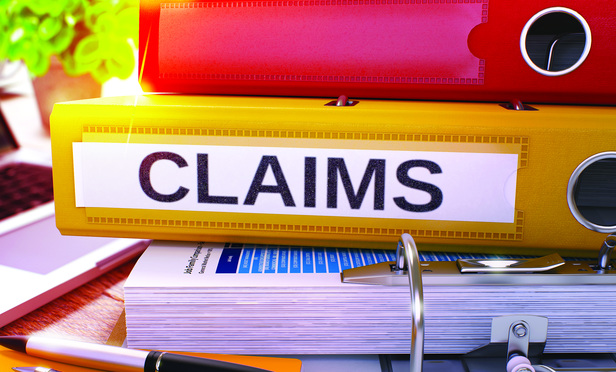Insurer representatives are receiving more requests for discovery on their claim files, whether in a direct coverage action or via subpoena in connection with a claim against their insured. While CPLR §3101(a) provides for a full disclosure of all matters material and necessary in the prosecution or defense of an action, including from non-parties, unlimited disclosure is not permitted.
In fact, courts in New York have held that an insurer’s claim file is conditionally immune from discovery, as the materials are protected by the privileges for (1) material prepared for litigation, (2) attorney work product and (3) attorney-client communications. There is constant tension with respect to materials in a claim file created by the insurer as part of its general responsibilities of investigating, evaluating and processing the claim compared with those documents that reflect analysis, work product and materials prepared with the assistance of counsel. While the party asserting the privilege, such as an insurer, has the burden under CPLR 3101(d) to demonstrate that the material it seeks to withhold is immune from discovery, an insurer’s claim file is not always fair game in discovery.
Bases for Protecting Certain Materials From Discovery
This content has been archived. It is available through our partners, LexisNexis® and Bloomberg Law.
To view this content, please continue to their sites.
Not a Lexis Subscriber?
Subscribe Now
Not a Bloomberg Law Subscriber?
Subscribe Now
LexisNexis® and Bloomberg Law are third party online distributors of the broad collection of current and archived versions of ALM's legal news publications. LexisNexis® and Bloomberg Law customers are able to access and use ALM's content, including content from the National Law Journal, The American Lawyer, Legaltech News, The New York Law Journal, and Corporate Counsel, as well as other sources of legal information.
For questions call 1-877-256-2472 or contact us at [email protected]



